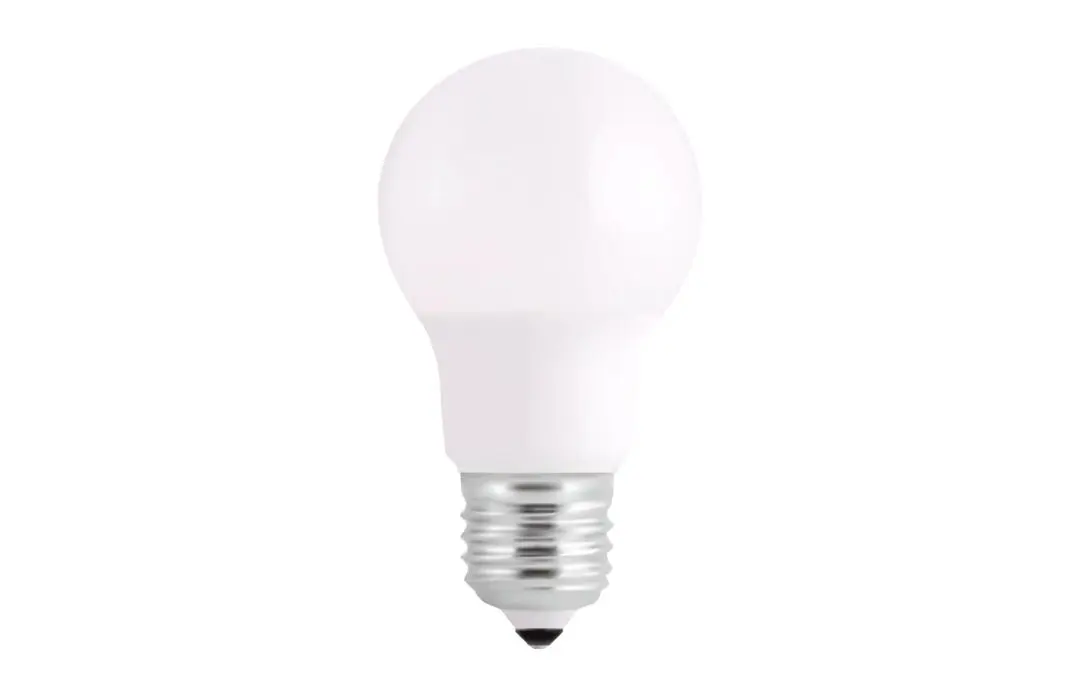In today’s world, energy conservation is crucial. Finding ways to save energy at home benefits the environment and your wallet. With a few simple adjustments to your daily routine and home setup, you can significantly reduce your energy consumption and contribute to a more sustainable future. Here are ten effective ways to save energy at home.
Switch to LED Bulbs to Save Energy at Home
One of the easiest ways to save energy is by replacing traditional incandescent bulbs with energy-efficient LED bulbs. LEDs consume significantly less energy and last much longer, reducing both your electricity bill and the frequency of bulb replacements.
Unplug Electronics When Not in Use
Many electronic devices continue to draw power even when turned off, contributing to “phantom” or standby energy consumption. Unplug chargers, appliances, and electronics when not in use, or use power strips with an on/off switch to easily cut off power to multiple devices simultaneously.
Install a Programmable Thermostat to Save Energy at Home
Heating and cooling account for a significant portion of home energy usage. Install a programmable thermostat to automatically adjust the temperature based on your schedule, optimizing energy usage while keeping your home comfortable.
Seal Air Leaks
Inspect doors, windows, and other openings for air leaks and seal them with weatherstripping or caulking. Proper insulation prevents conditioned air from escaping and reduces the workload on your heating and cooling systems, leading to energy savings.
Upgrade to Energy-Efficient Appliances
When it’s time to replace old appliances, opt for ENERGY STAR certified models. These appliances are designed to use less energy without sacrificing performance, helping you save money on utility bills over time.
Use Energy-Efficient Window Treatments
Install energy-efficient window treatments such as blinds, shades, or curtains to reduce heat gain in the summer and heat loss in the winter. This simple adjustment can decrease the workload on your HVAC system and lower energy consumption.
Use Natural Light to Help You Save Energy at Home
Take advantage of natural light during the day by opening curtains and blinds. Not only does this reduce the need for artificial lighting, but it also helps regulate your circadian rhythm and enhances the overall ambiance of your home.
Upgrade Insulation
Insufficient insulation can result in significant energy losses through walls, floors, and attics. Consider upgrading insulation in key areas of your home to improve energy efficiency and maintain consistent indoor temperatures throughout the year.
Opt for Energy-Efficient Water Heating
Set your water heater to a lower temperature (120°F or 49°C) to reduce energy consumption. Additionally, insulate hot water pipes to minimize heat loss during distribution, and consider installing an energy-efficient water heater if your current one is outdated.
Practice Energy-Conscious Habits
Simple changes in daily habits can make a big difference in energy savings. Turn off lights when leaving a room, wash clothes in cold water, air dry laundry when possible, and run full loads in dishwashers and washing machines to maximize efficiency.
By implementing these ten strategies, you’ll significantly reduce your energy consumption at home, lower your utility bills, and minimize your environmental footprint. Making conscious choices and adopting sustainable practices will help you save energy, benefiting your finances and the planet.
FAQs About Energy Consumption at Home
How can I monitor my home energy consumption?
You can monitor home energy consumption by using smart energy meters and energy monitoring devices, as well as by analyzing utility bills to track usage patterns over time.
Can landscaping affect home energy consumption?
Yes, strategically planting trees and shrubs can provide shade in the summer, reducing the need for air conditioning, and act as windbreaks in winter, cutting down on heating costs.
How can I assess the energy efficiency of my home?
You can hire a professional energy auditor to comprehensively assess your home’s energy performance, including inspecting insulation, HVAC systems, and appliances, and conducting blower door tests to identify air leaks.
How can I integrate renewable energy sources into my home to reduce energy consumption?
Installing solar panels, wind turbines, or geothermal systems can generate clean, renewable energy to offset or eliminate reliance on traditional grid-supplied electricity, thereby reducing home energy consumption and greenhouse gas emissions.
TMK Inspections offers professional home inspections to homebuyers and sellers in Southeast Pennsylvania. Contact us to request our services.

